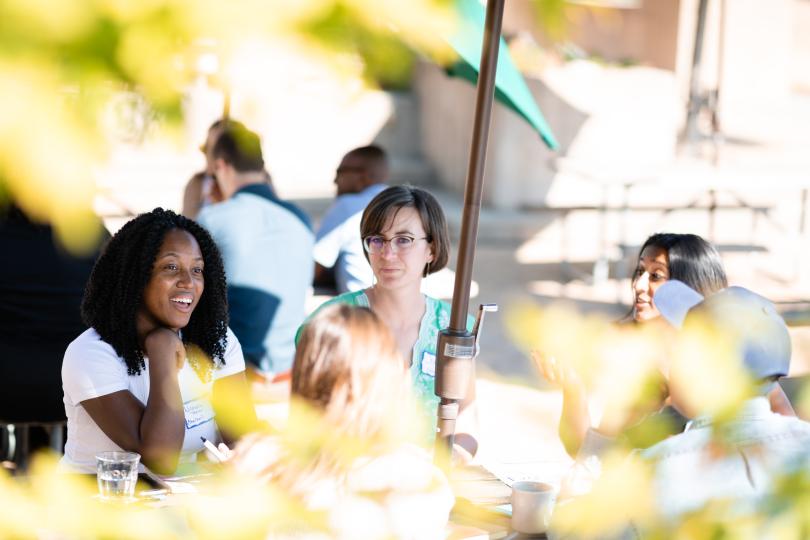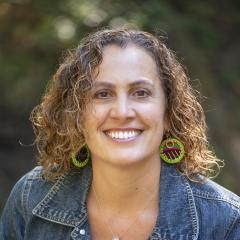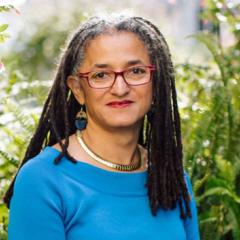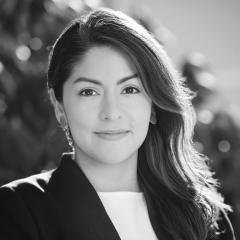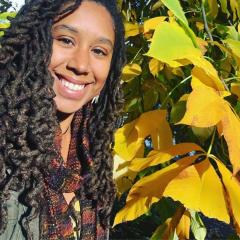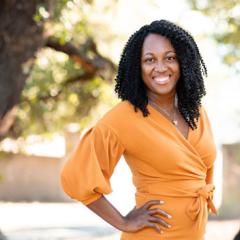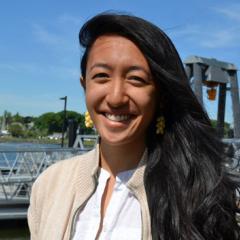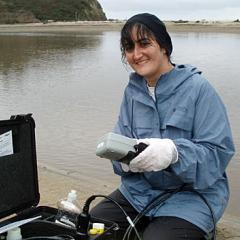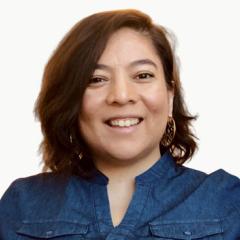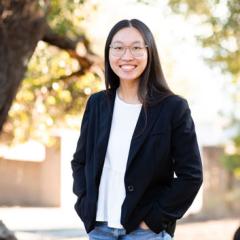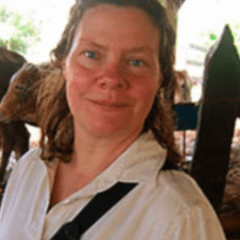Fellowship Ambassador Program begins enhancing recruitment and relationships
Background
The Switzer Foundation’s board and staff recently completed a strategic review that resulted in specific priorities for implementation. One priority was to develop an ambassador program to help increase the number of Switzer Fellowship applications we receive, particularly from underrepresented students, schools, and disciplines.
We identified several reasons why an ambassador program would be valuable. First, in recent years, the overall number of fellowship applications has been declining in both California and New England. Second, we typically receive comparatively few applications from students at schools which have fewer resources to support students applying to fellowships and funding. Finally, the foundation is interested in continuing to increase the number of applications we receive from students from underrepresented groups in the environmental field. If this program helps drive more applications from underrepresented schools, it may also increase the diversity (racial, ethnic, socioeconomic, disciplinary, topical) of applicants who apply.
Pilot year activities
A sub-committee of the Fellows Advisory Committee, including Carolina Balazs, Lisa Feldstein, and Maria Martinez, worked with staff members Erin Lloyd and Cora Preston to create a plan for this program, which piloted during the 2023 Switzer Fellowship application period.
The program’s goals were to:
- Increase the number of fellowship applications in California and New England.
- Increase the number of applicants from underrepresented schools and programs.
- Provide a source of support to applicants.
- Allow fellows to give back and inform the fellowship recruitment and selection process.
- Learn from the first year of a pilot program to inform future efforts.
Eight fellows volunteered as ambassadors at five target universities, selected based on fellow connections to those universities and relevance to furthering the program’s goals. The universities and ambassadors were:
- University of New Haven, Liz Jacob and Olivia Walton
- UMASS Boston, Nishaila Porter and Kelly Luis
- CSU Northridge, Priya Ganguli
- UC Merced, Evelyn Valdez-Ward
- San Jose State University, Lily Law and Rachel O’Malley
Ambassadors agreed to conduct the following activities at their target institution:
- Share recruitment materials widely, being strategic about points of contact that will be most helpful.
- Host an in-person or virtual information session with interested students where the ambassador can speak to their experience as a fellow and answer any questions about the fellowship or the network.
- Be available to prospective applicants via email or phone to answer questions or help prepare applicants for a possible interview, or connect the potential applicant to another Switzer Fellow or foundation staff.
- Provide feedback to the foundation/working group about the experience in order to improve this program in subsequent years.
Additionally, in order to support applicants who were not coming from these five institutions, we also recruited 30 “Ask a Fellow” volunteers who offered to be paired via email with applicants from any school to answer questions, provide application advice and learn from one another.
Pilot year results and lessons learned
Thirty-six applicants from 20 different universities took advantage of the “Ask a Fellow” list. We received 14 applications from the five target universities in 2023, compared to four applications in 2022.
While we saw a modest increase in applicants from target universities, the main outcome from a first year pilot program was learning from the experience, and laying the groundwork for future years of the program.
Key lessons we learned in the first year were:
- This was a first step, and we need to build long-term relationships at these schools.
- Offering application support as well as awareness is critical to encouraging underrepresented students to apply. A recurring barrier for students and advisors of students from non-traditional academic backgrounds was feeling like it was not realistic or worth their time to apply.
- Starting at the beginning of the academic year, instead of waiting until the fellowship application opens, will be an important way to allow ambassadors to build relationships and raise awareness at their schools with time for applicants to realistically complete an application.
- Fellows are energized about supporting incoming applicants, and they are engaged volunteers with excellent ideas and leadership in this work.
What’s next
Ambassadors and Fellows Advisory Committee members have suggested changes to address each of the lessons learned. Staff and working group members will reconvene this summer to identify specific changes we can make to the Ambassador Program for the 2024 fellowship application cycle. We will reconvene a group of ambassadors to focus on the target schools, and possibly more institutions in the coming year. We will continue to share updates about the program and changes we make as we iterate to improve the program and work toward our goals.
We are so grateful to all the fellows who have contributed to this work, as FAC members, ambassadors and Ask a Fellow volunteers, and the many other ways that fellows support the fellowship recruitment and application process including spreading the word, serving as application reviewers and interviewers, and encouraging their own students and connections to apply. We look forward to continuing to learn and grow together, and expanding the reach of the Switzer Fellowship to the wider array of leaders we need to solve the environmental problems of the future.
